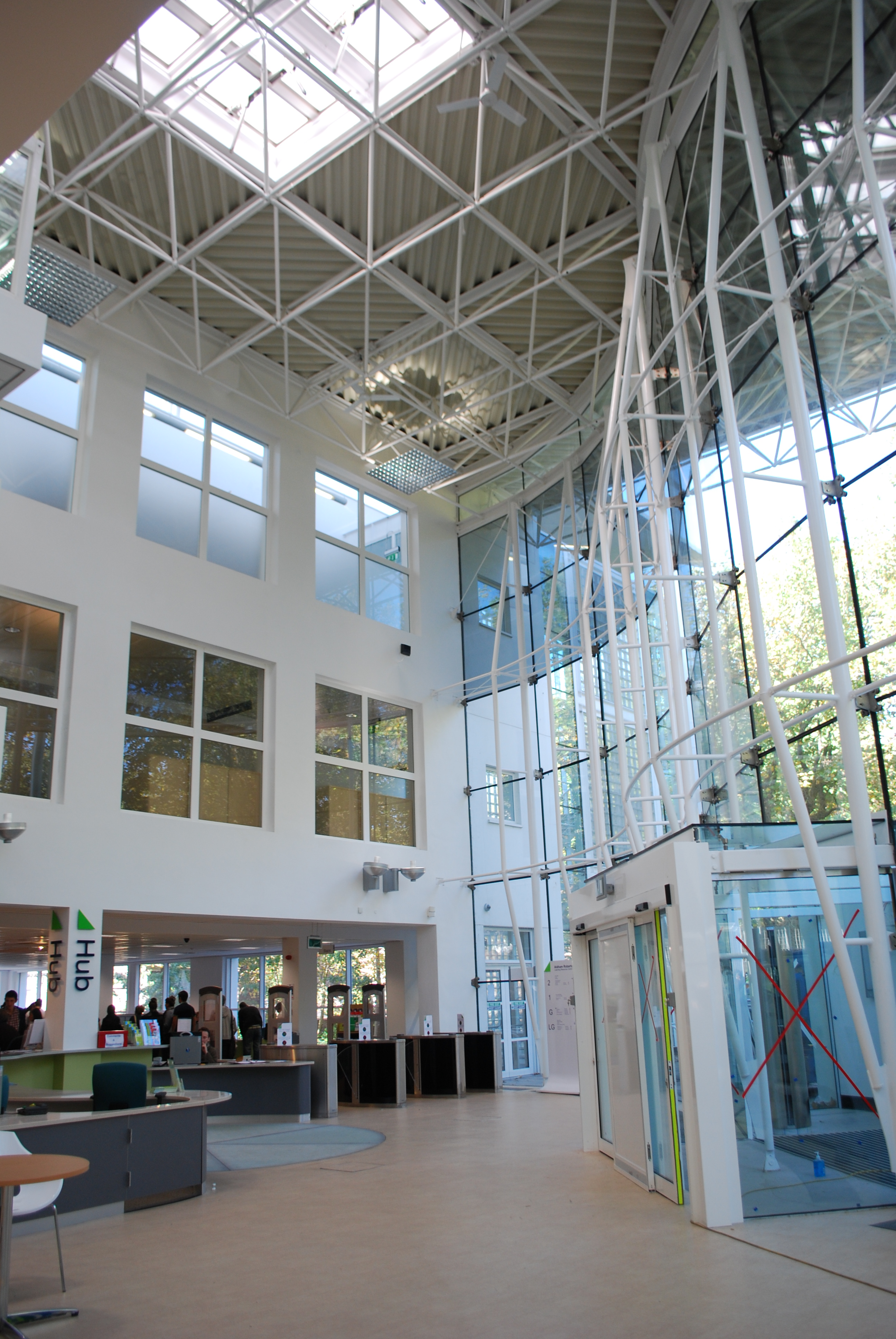Learning Resource Centre on:
[Wikipedia]
[Google]
[Amazon]
Learning Resource Centre (LRC) is a term which is used primarily in the 
United Kingdom
The United Kingdom of Great Britain and Northern Ireland, commonly known as the United Kingdom (UK) or Britain, is a country in Northwestern Europe, off the coast of European mainland, the continental mainland. It comprises England, Scotlan ...
to describe a type of library
A library is a collection of Book, books, and possibly other Document, materials and Media (communication), media, that is accessible for use by its members and members of allied institutions. Libraries provide physical (hard copies) or electron ...
that exists within an educational setting such as a secondary school
A secondary school, high school, or senior school, is an institution that provides secondary education. Some secondary schools provide both ''lower secondary education'' (ages 11 to 14) and ''upper secondary education'' (ages 14 to 18), i.e., b ...
or university
A university () is an educational institution, institution of tertiary education and research which awards academic degrees in several Discipline (academia), academic disciplines. ''University'' is derived from the Latin phrase , which roughly ...
, distinguishable from a typical school library by an additional focus on multimedia resources and information technology
Information technology (IT) is a set of related fields within information and communications technology (ICT), that encompass computer systems, software, programming languages, data processing, data and information processing, and storage. Inf ...
. LRC can also stand for Library Resource Centre and in some cases Learning Resource Centre has been shortened to Learning Centre.
Overview
These centres contain traditional educational resources such as books, journals, software and audio/visual materials, but they also exist to promote electronic information resources. Examples of these are subscription electronic journals, databases, free websites and other web based resources. The traditionallibrarian
A librarian is a person who professionally works managing information. Librarians' common activities include providing access to information, conducting research, creating and managing information systems, creating, leading, and evaluating educat ...
role has been replaced with the LRC Manager who is an information professional with qualifications recognised by the Chartered Institute of Library and Information Professionals
The Chartered Institute of Library and Information Professionals (CILIP, pronounced ) is a professional body for librarians, information specialists and knowledge management, knowledge managers in the United Kingdom.
It was established in 20 ...
. As well as managing the physical environment of the LRC, the LRC Manager is usually involved in editing LRC web pages and making contributions to the virtual learning environment, in order to provide access to quality and timely resources to colleagues and students. A key aspect of a Learning Resource Centre is the application of self study in a variety of different ways. They usually include computers, places to study and often private rooms.
LRCs usually have a responsibility for the teaching of information literacy
The Association of College and Research Libraries defines information literacy as a "set of integrated abilities encompassing the reflective discovery of information, the understanding of how information is produced and valued and the use of infor ...
and/or study skills within the institution they are in. Although this role is firmly established in further and higher education, it has only become a serious responsibility for the Secondary School LRC since the publication of "Key Stage 3 National Strategy" in 2003. The schools inspectorate OfSTED
The Office for Standards in Education, Children's Services and Skills (Ofsted) is a non-ministerial department of His Majesty's government, reporting to Parliament. Ofsted's role is to make sure that organisations providing education, training ...
have also made this a key area for school LRCs to evaluate themselves on in their self-evaluation document for LRCs in 2003.See also
* Hybrid library *History of libraries
The history of libraries began with the first efforts to organize collections of documents. Topics of interest include accessibility of the collection, acquisition of materials, arrangement and finding tools, the book trade, the influence of th ...
References
<-->Further reading
*Edwards, Brian. Libraries and Learning Resource Centres. Oxford, UK: Architectural Press, 2009. *Alomran, Hamad Ibrahim; (2007) Learning Resource Centres in Saudi Arabia: A study to the Reality with A plan for an Ideal center. Riyadh: Riyadh Girls University *Burlingame, Dwight, Dennis C. Fields, and Anthony C. Schulzetenberg. The College Learning Resource Center. Littleton, Colo: Libraries Unlimited, 1978. *Thomson, Sarah Katharine. Learning Resource Centers in Community Colleges: A Survey of Budgets and Services. Chicago: American Library Association, 1975. *Crawford, L. Lucille. The Learning Resource Center—Its Development and Implementation. olumbus, Ohio Ohio Association of Supervision and Curriculum Development, 1970. *Pearson, Neville P., and Lucius A. Butler. Learning Resource Centers; Selected Readings. Minneapolis: Burgess Pub. Co, 1973. {{Libraries and library science School terminology Libraries by type Types of library